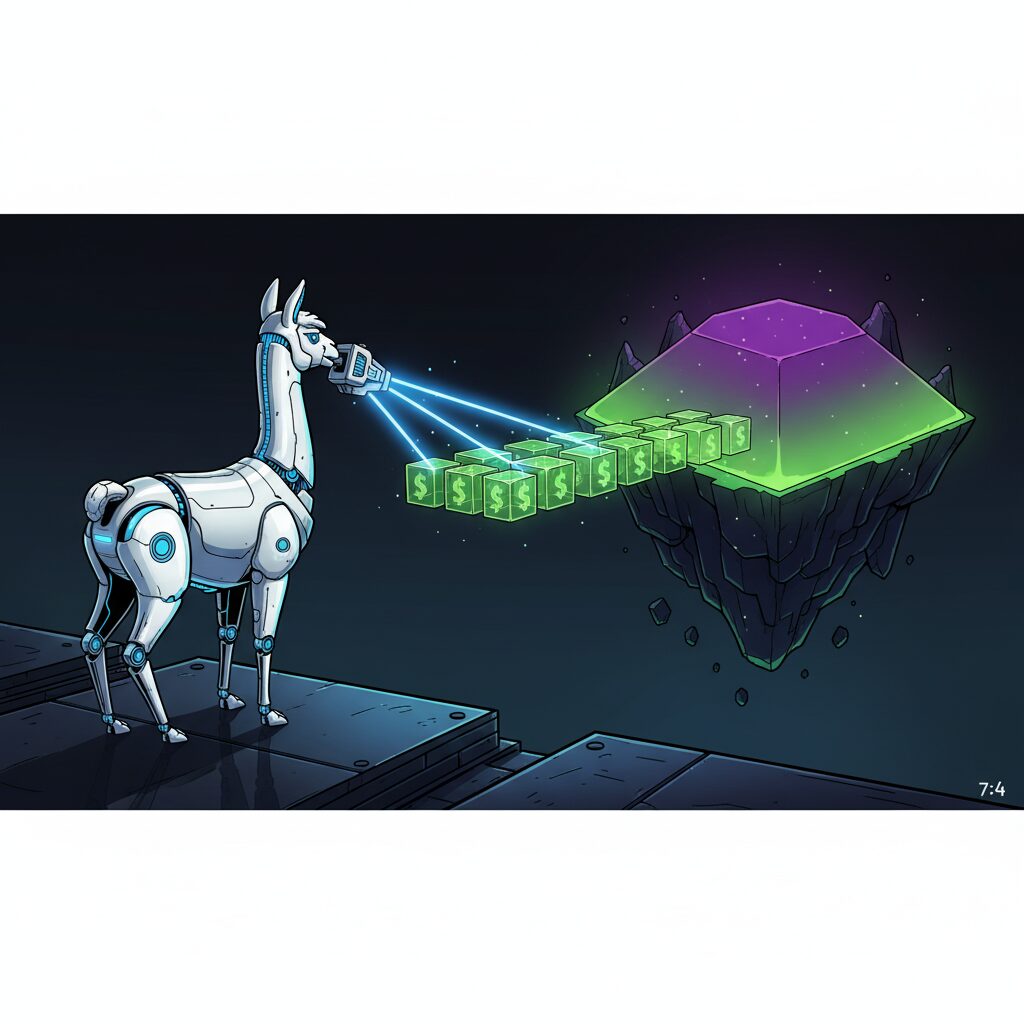Anonymous Trading Team Dominates 42% of Jupiter’s Volume on Solana

An unknown team operating without an official website or community presence has quietly accounted for nearly half of all transaction volume on the Solana-based exchange Jupiter over the last 90 days. This massive footprint points to a sophisticated on-chain strategy that is reshaping how transactions are processed.
How Self-Operated AMMs Combat Toxic Order Flow
At the core of this development is a new approach to Automated Market Makers (AMMs). In a typical AMM, liquidity providers are often vulnerable to “toxic order flow,” where high-frequency arbitrageurs use advanced algorithms to front-run trades. These traders exploit tiny price differences between decentralized platforms and major centralized exchanges, siphoning value away from the protocol and its users.
This contrasts sharply with traditional financial markets, which use a Central Limit Order Book (CLOB) to match trades. In a CLOB system, professional market makers have tools to defend against aggressive arbitrage, such as adjusting spreads or temporarily pausing quotes. Self-operated AMMs aim to bring similar defensive capabilities on-chain, offering a more robust way to manage liquidity and protect against value extraction.








